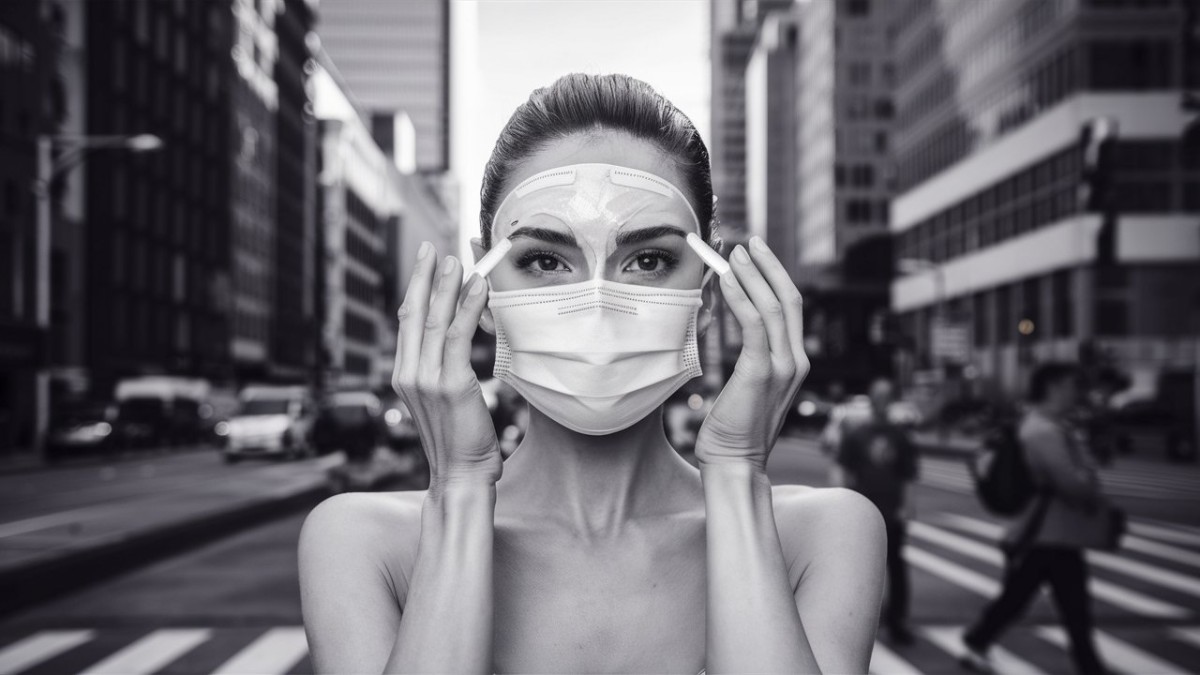Is your skin damaged because of pollution?
Smoke, dust, harmful chemicals, and whatnot. Our delicate skin faces a lot, especially if you go out daily. Whether the harmful UVA and UVB rays or the pollutants from vehicles. All of that poses serious damage to our skin.
So, how do we protect our skin from pollution?
Don't worry, because this is just the thing for you...
Here are some tips to keep your skin safe from pollution.
1. Always Clean Your Skin Thoroughly
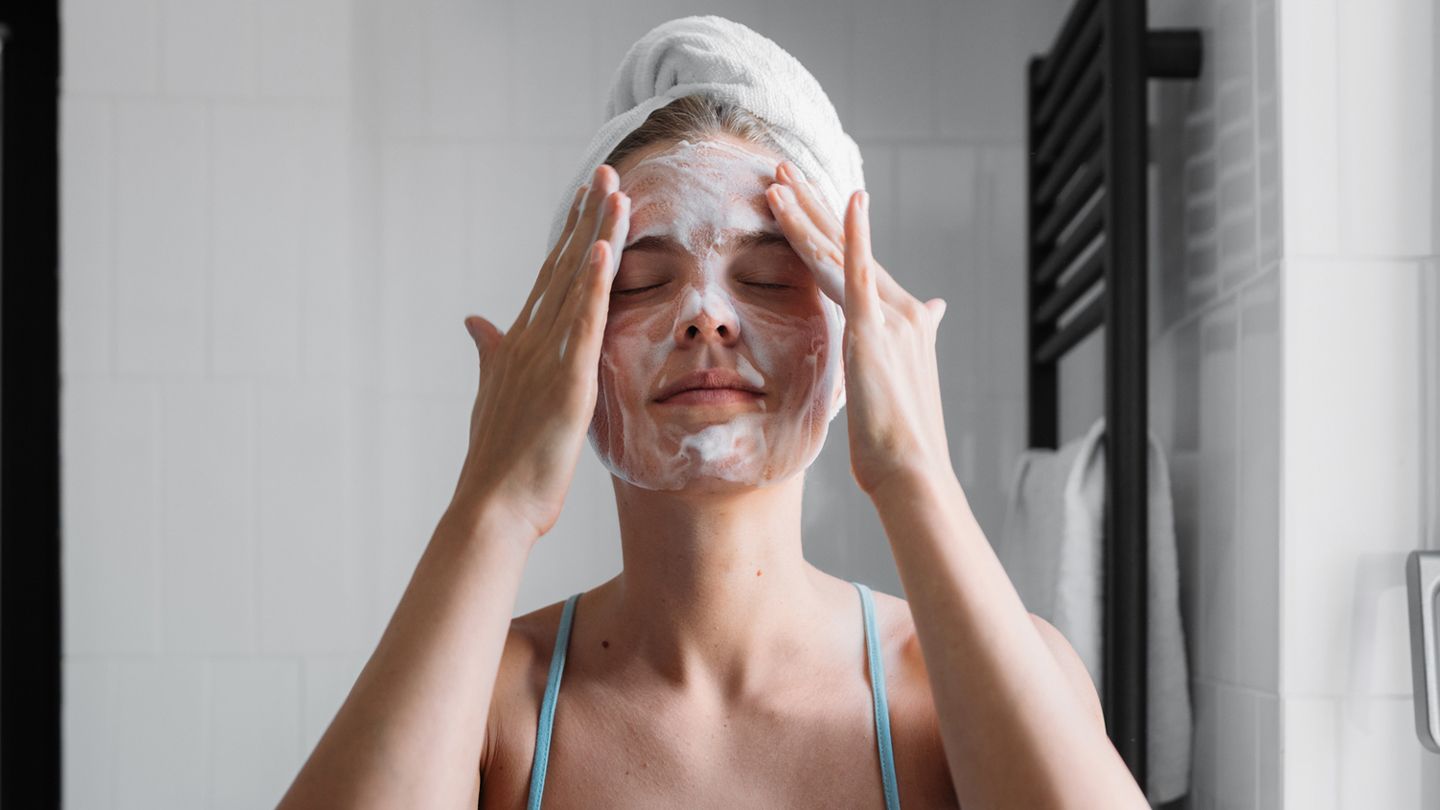 Cleansing your skin properly is the first and the most important step in defending against pollution. Normally, your skin collects all the dirt, oil, and pollutants, as you go about with your day. This can clog pores and lead to various other skin issues. That is why a good cleanser will take care of that.
Cleansing your skin properly is the first and the most important step in defending against pollution. Normally, your skin collects all the dirt, oil, and pollutants, as you go about with your day. This can clog pores and lead to various other skin issues. That is why a good cleanser will take care of that.
Now, how to cleanse your face properly?
Here’s how:
Double Cleansing:
Basically, this process involves using an oil-based cleanser and then it is followed by a water-based one. So what an oil-based cleanser does is that it removes makeup, sunscreen, and excess oil, while the water-based cleanser eliminates sweat and water-soluble impurities.
Note: Always choose cleansers that are gentle on the skin and free from harsh chemicals. Cleanse your skin twice a day, one time in the morning before going out, and the second before going to bed at night.
2. Always keep your skin Hydrated
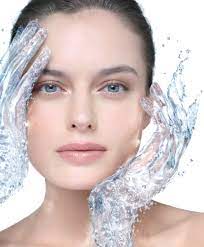 Moisturizing your skin is extremely important as hydration is key to maintaining a healthy skin barrier. It is essential for protecting against environmental pollutants as polluted air can dehydrate your skin.
Moisturizing your skin is extremely important as hydration is key to maintaining a healthy skin barrier. It is essential for protecting against environmental pollutants as polluted air can dehydrate your skin.
So what can be done?
Using a hydrating Serum:
Include a hydrating serum in your skincare routine. Try to look for chemicals like hyaluronic acid and glycerin that can be quite fruitful if you have dry skin. Hyaluronic acid can hold up to 1,000 times its weight in water, providing intense hydration and plumping the skin, and Glycerin restores the water content in your skin as well.
Use hydrating moisturizers:
A hydrating moisturizer that is suitable for your skin type helps to lock in moisture.
Drink Water:
Staying hydrated from within is equally important. Always try to drink at least eight glasses of water a day. This is to keep your skin hydrated and flush out all the toxins from your body.
3. Use products that are rich in Antioxidants
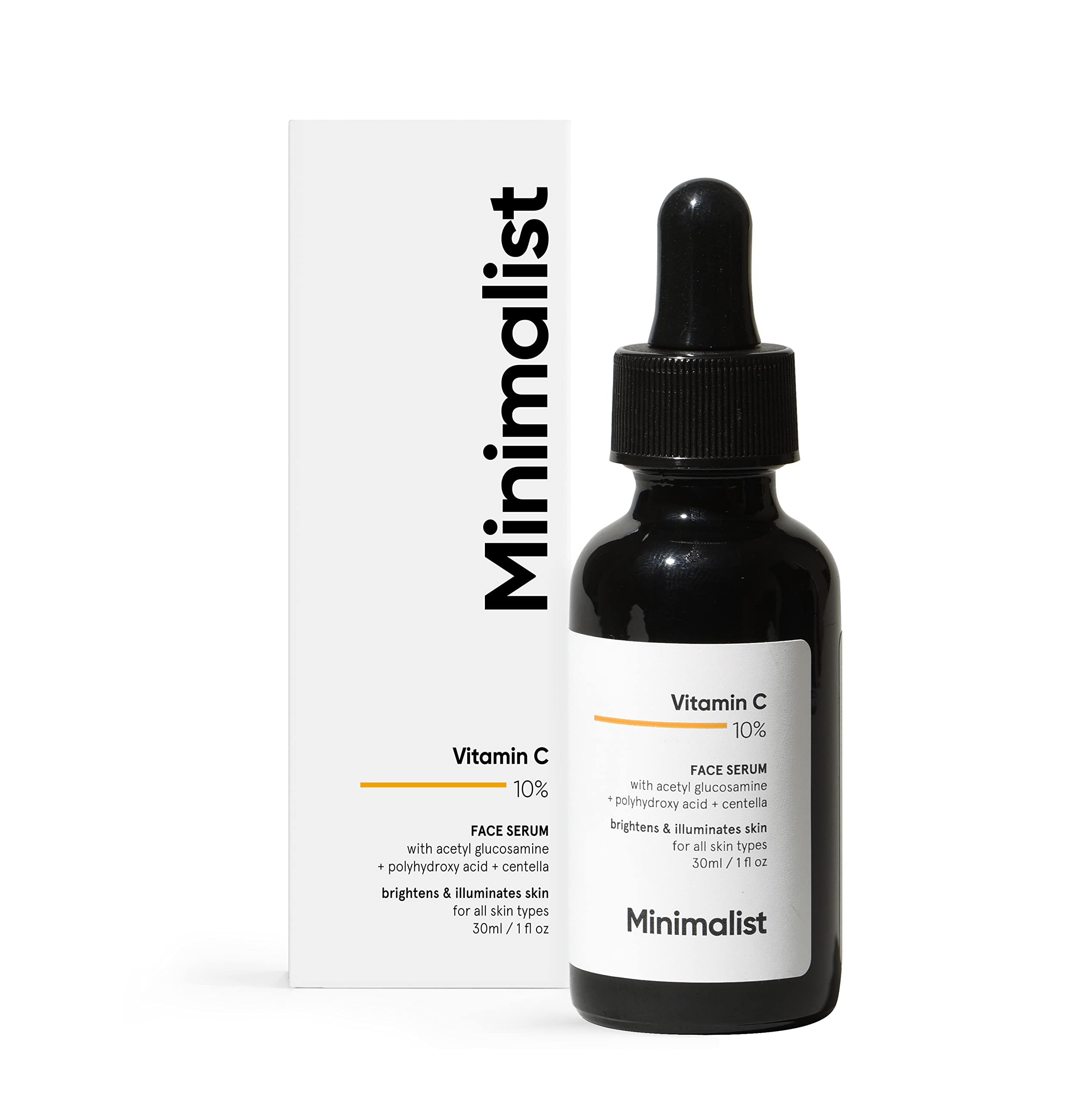 If you want to protect your skin from the damaging effects of free radicals caused by pollution, then start using products high in antioxidants. They help with the neutralizing of these harmful particles, as they reduce oxidative stress. Vitamin C and Vitamin E are some of the important antioxidants that are good for this level of protection. Vitamin C is very powerful as it not only brightens the skin but also boosts collagen production. That is why it is great to use a vitamin C serum in your morning routine to protect against environmental damage. Vitamin E is often advisable if you have damaged skin, as it nourishes and repairs the skin.
If you want to protect your skin from the damaging effects of free radicals caused by pollution, then start using products high in antioxidants. They help with the neutralizing of these harmful particles, as they reduce oxidative stress. Vitamin C and Vitamin E are some of the important antioxidants that are good for this level of protection. Vitamin C is very powerful as it not only brightens the skin but also boosts collagen production. That is why it is great to use a vitamin C serum in your morning routine to protect against environmental damage. Vitamin E is often advisable if you have damaged skin, as it nourishes and repairs the skin.
4. Always Apply Sunscreen
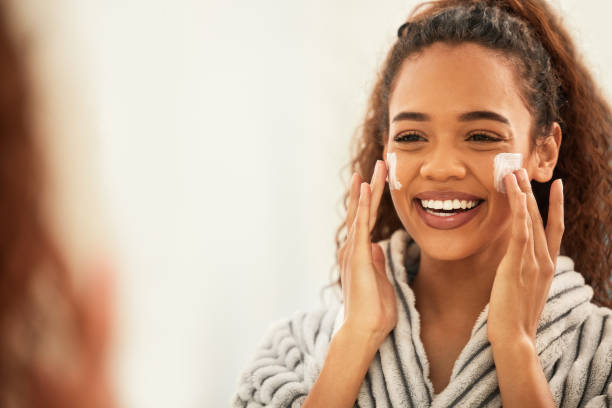 Since applying sunscreen is the most essential step in your skincare routine, we cannot stress this enough. The harmful impacts of pollution on the skin can be caused by UV radiation from the sun. Any sunscreen with SPF 30 or higher broad-spectrum shields your skin from UVA and UVB radiation. It decreases the chances of premature aging. UV rays can also induce skin cancer, that is why do not skip it.
Since applying sunscreen is the most essential step in your skincare routine, we cannot stress this enough. The harmful impacts of pollution on the skin can be caused by UV radiation from the sun. Any sunscreen with SPF 30 or higher broad-spectrum shields your skin from UVA and UVB radiation. It decreases the chances of premature aging. UV rays can also induce skin cancer, that is why do not skip it.
5. Exfoliate your skin
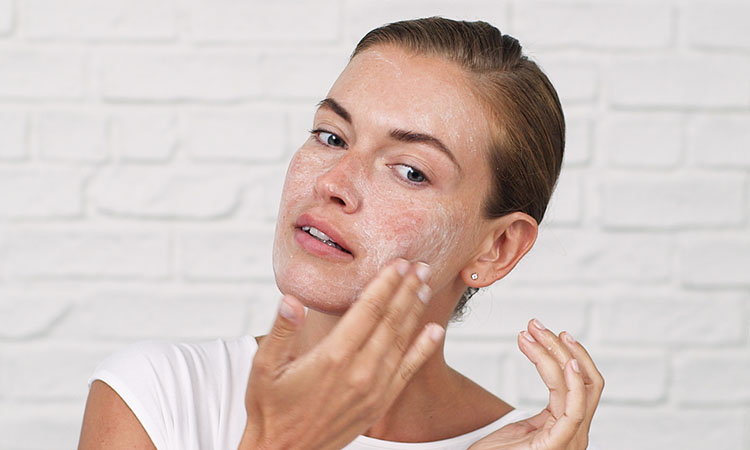 Exfoliating your skin regularly is important as it gets rid of any dead skin cells. This improves the absorption of skincare products. That is why, do exfoliate 2-3 times per week. But not more than that as excessive exfoliation might harm the skin. Chemical exfoliants such as AHAs and BHAs are commonly used as a gentle exfoliator.
Exfoliating your skin regularly is important as it gets rid of any dead skin cells. This improves the absorption of skincare products. That is why, do exfoliate 2-3 times per week. But not more than that as excessive exfoliation might harm the skin. Chemical exfoliants such as AHAs and BHAs are commonly used as a gentle exfoliator.
Conclusion
Pollution has become a general cause for most of the skin issues. If your skin is already exposed to these harmful substances, reach out to a dermatologist to get your skin checked.
